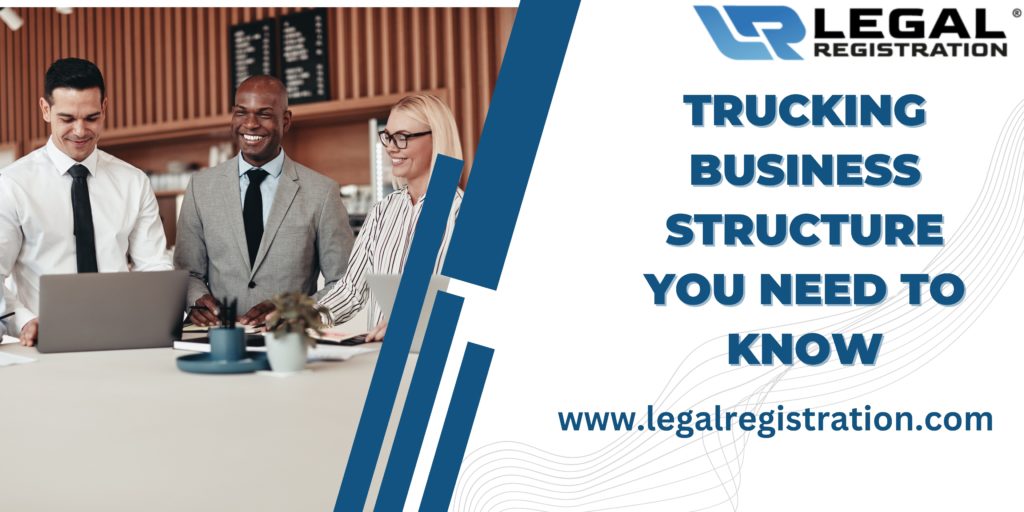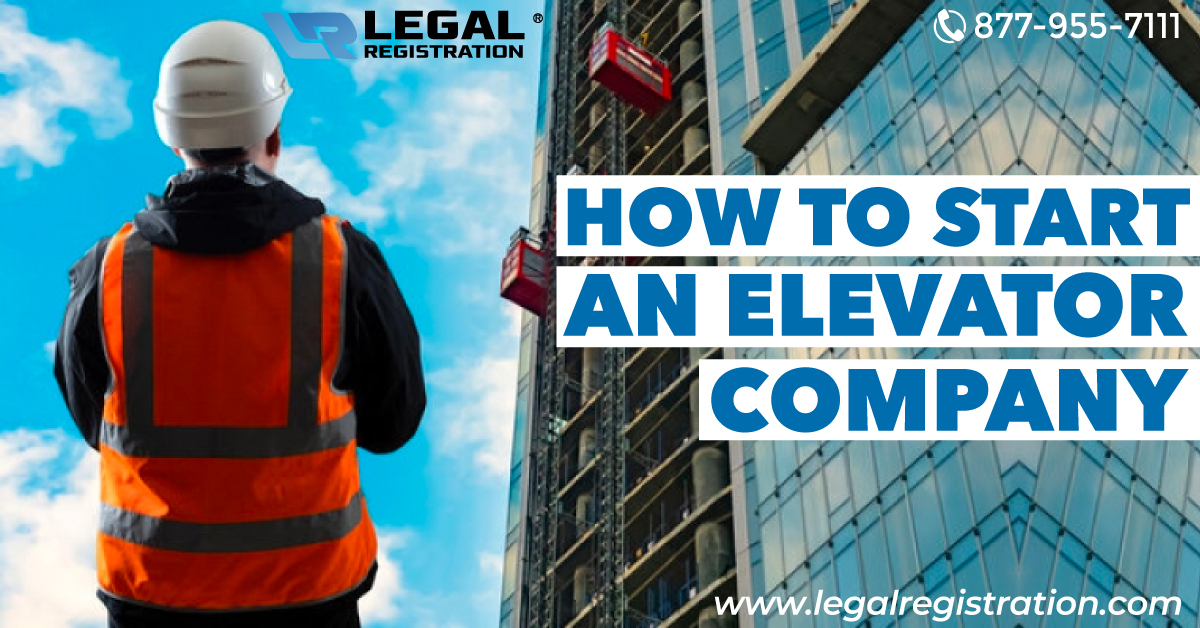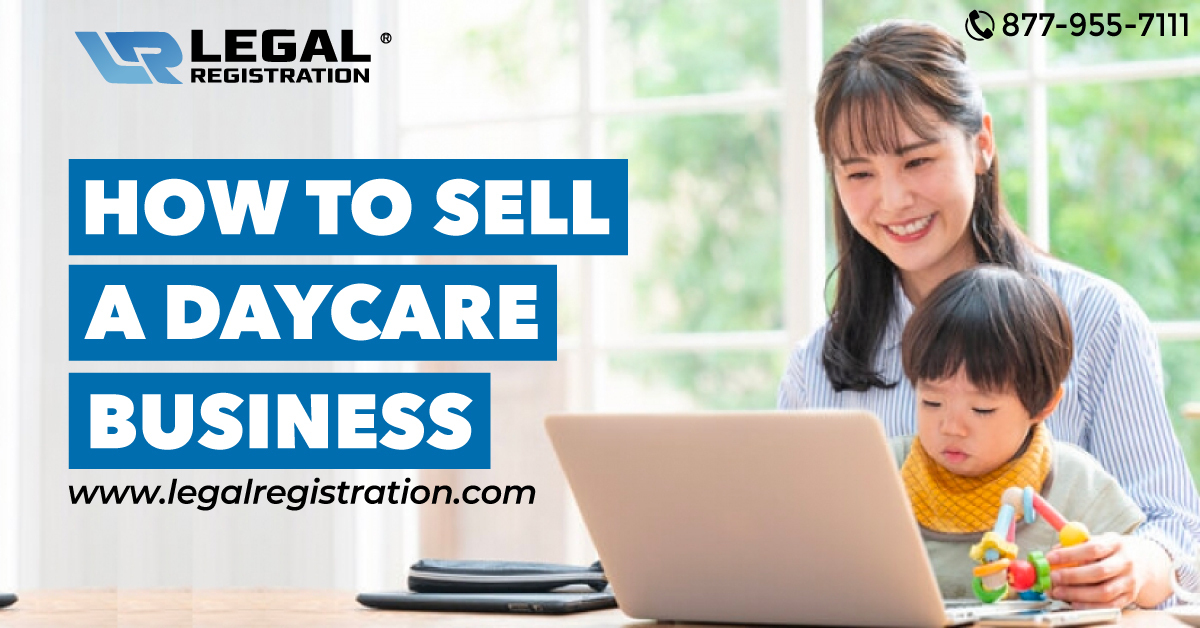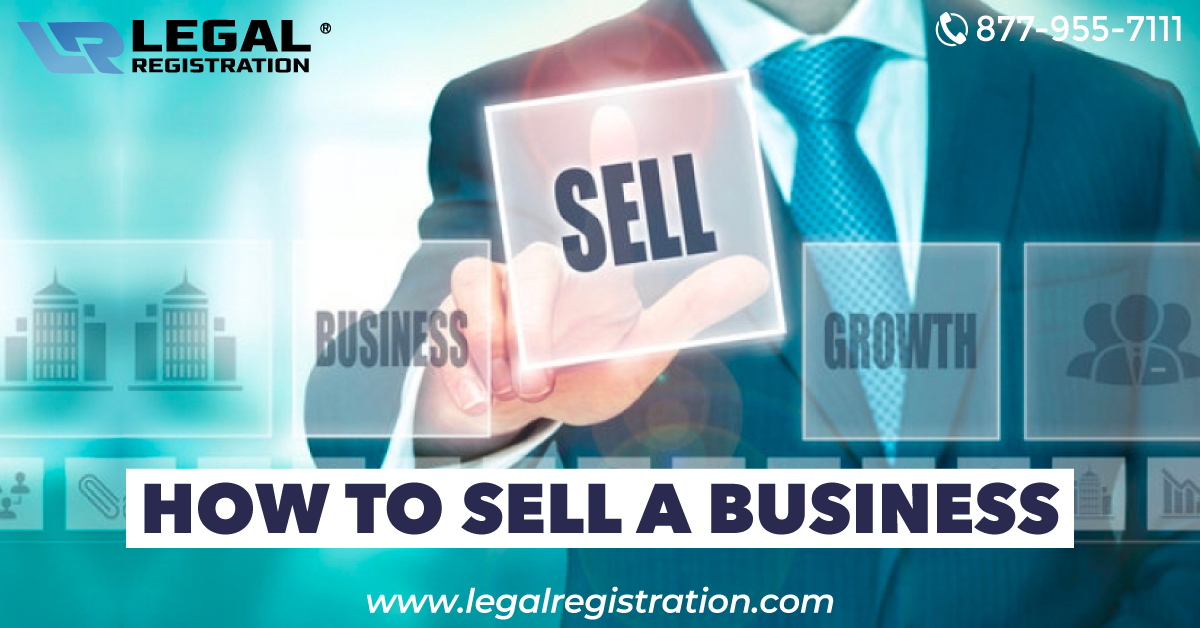Four Trucking Business Structure You Need to Know


Best business structure for owner operator
Whether you’re running a trucking company as a sole owner or owning a fleet, you need to know about the basics of the business structure of trucking.
Every business has different requirements. But there are a few things that are common in every business. You must meet every requirement to start a business in a particular state or country. Get more information Legal Registration Archives
In the following blog, we will discuss the things about the trucking business that you should know. Let’s start with a better understanding.

Sole-proprietorships
The sole-proprietorship structure is a business model in which an individual runs his own business. For instance, the government automatically considers you in the sole-proprietorship model if you’re driving your own truck without a business entity.
There is no difference between an individual and a business in a sole proprietorship. The sole-proprietorship trucking company management structure is considered a single business owner. He has to manage things on his own. Additional information Business Licensing
Besides that, you need an EIN regardless of the business model.
Partnerships
Two or more persons form a partnership. In the partnership, you can get more investment in a difficult time to grow your business. Besides that, different minds are involved in the partnership and work closely for the business’s survival.
In the structure, the company’s partners share the profits and losses of the business. As a partner, you don’t have to pay income tax, but every partner has to file with the IRS and pay tax from their profits. How to grow your trucking business is a common question that everyone asks, but the partnership business structure is the answer to this question.
If you have partners, you also can acquire the trucking franchise rather than start from scratch.
LLCs
Many business owners start their trucking companies under the umbrella of an LLC structure for many reasons. The LLC protects against financial losses and lawsuits. Besides that, the owner and business are separate entities in this model. Check out article Hit & Run
For instance, if the company faces any issue, such as bankruptcy or legal action, the business owner can’t use their assets to fix the problems. You can avoid double taxation if you register your business under LLC. Besides, there is no compulsion to call annual meetings, and they don’t have shareholders.
So, if you choose this model, you can get the maximum benefits states offer. That’s why LLC is considered the best business structure for an owner-operator in trucking.
Corporations
In a corporate business structure, shareholders are owners and separate from the business itself. In other words, they are two different entities.
So, this model protects from lawsuits and losses, and owners don’t have to pay losses from their assets. This business structure is recommended for a large fleet. Get more information Sole Proprietor
Do You Need a Business Entity?
It is not necessary to acquire a separate business entity for your trucking company. You will be considered a sole proprietorship if you don’t do it.
But if you get a business entity, you can avoid many issues in the future regarding lawsuits and losses. Besides that, you need to work on CDL business ideas to get the license for your trucking company. Let’s discuss why your business needs an entity:
Liability Protection
A business entity protects your liability and is a great way to protect yourself from financial loss in case of a lawsuit or creditor claim.
By forming an entity, such as an LLC, you can limit your risk by separating yourself and your assets from the business itself. This means that creditors can’t go after your assets if they have an issue with the company.
Besides, incorporating can also help protect against claims of negligence and malpractice. A formalized structure can help clarify roles and responsibilities within the organization and reduce potential risks for you as the owner. Establishing a legal entity for your business also protects you from being personally liable for taxes-related debts.
Tax-Saving
Creating a business entity such as an LLC or Corporation is one of the best ways to save from tax. The Business Entity provides liability protection for your assets and can save you from taxes due to deductions available only to businesses.
When forming a business, choosing the right type of entity is important to save on taxes and maximize profits. Depending on your situation, you may decide between a C-corporation, S-corporation, LLC, or sole proprietorship. Understanding the tax implications of each type is key when deciding what works best for you.
LLCs provide limited liability protection while offering pass-through taxation, which means that profits made by the company pass directly through the owner.
Improve Credibility
Forming a business entity is the best way to make your business credible. Your customers, partners, and other stakeholders can trust that you are legitimate and reliable. Several types of business entities are available, including Sole Proprietorship, Partnership, LLC, Corporation, and Nonprofit Organization.
Each has unique advantages and disadvantages that you should research before deciding on the best option for your particular situation. Depending on which type of entity you choose, there may be different legal requirements and fees or taxes associated with it. For additional information What services do we provide?
It’s important to seek professional advice when determining the right type of business entity. Having credible credentials can go a long way in helping ensure success for your business!
More Control Ownership
The business entities such as a corporation, limited liability companies, and partnerships can provide control over the transfer of ownership of the company and its assets. This control over the transfer of ownership is important because it ensures that the business interests remain with the founders/owners of the company and are not transferred without their permission.
For example, in many cases, control over the transfer of ownership prevents an individual from taking control of a company through hostile takeover attempts.
Having control over the transfer of ownership also allows for more flexibility when selling or transferring ownership in the business. For additional information Category
Make Business Confidential
The business entity remains confidential, and its exact details cannot be disclosed. It is important to note that all confidential information regarding the entity must remain confidential and should not be disclosed unless expressly authorized by a company’s legal representative.
All confidential information must be kept secure, and any unauthorized sharing or disclosure of confidential information can result in serious legal repercussions.
The entity has taken necessary steps to ensure the security of confidential information and will continue to do so going forward.
Remain Active
An entity is said to have perpetual duration when it does not have a predetermined end date. This concept is often used in business as it allows entities such as companies or trusts to remain active indefinitely. Perpetual duration also refers to the holding of perpetual assets, meaning there is no expiration date on their value, and they can be maintained for an extended period. To learn more check the link below Form an LLC
Although perpetual duration can provide organizations with numerous advantages, it also raises important questions regarding liability and management of resources over long periods.


